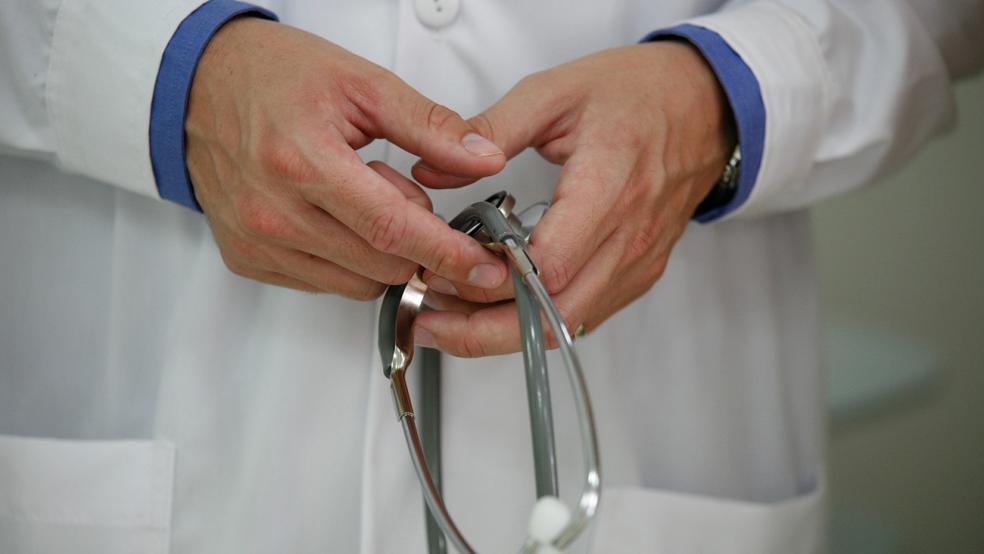There’s no way of knowing how the drama over Republican efforts to repeal and replace the Affordable Care Act will play out this year, although the American Health Care Act narrowly approved by House a week ago offers a good sense of what the Trump administration would like to do.
The bill that was sent to the Senate would eliminate Obamacare mandates and taxes, roll back expanded Medicaid, tighten other Medicaid spending, drastically alter the tax subsidy system to assist people buying insurance, and allow states to waive requirements dealing with essential benefits and protections for people with preexisting medical problems. Senate Republicans have not embraced the bill and are working on their own approach.
Related: 10 Things You Need to Know About the House GOP Health Care Bill
Recent polls show that Americans are highly skeptical about the Republican drive to replace the Affordable Care Act with a more conservative, market-based plan and would prefer that Congress and the administration fix the current system rather than trying to replace it.
This is especially true of health care professionals, including doctors and executives of hospitals and health care facilities. Many of them are highly pessimistic about the outlook for patients and health care providers.
A survey of 1,000 people in the health care industry by NEJM Catalyst finds that the majority of respondents are “deeply concerned” about the quality of health care in the coming years. The survey includes doctors, executives, researchers and others who bring an informed view to the health care debate.
“Many survey respondents see Republican Party health care proposals as a step backwards, with little regard for progress made by the Affordable Care Act,” writes Sandra Gittlen of NEJM Catalysts. We should note that the survey was conducted before the AHCA was formally unveiled and passed by the House.
Related: Dems Make a Health Care Offer That the GOP Can Easily Refuse
Among the findings:
- Seventy-four percent of respondents anticipate that the number of Americans covered by insurance will decline, while 70 percent expect insurance coverage benefits to shrink.
- Some 38 percent expect pharmaceutical drug prices to rise in the coming years while a majority are hopeful they will stay where they are or begin to come down.
- And 67 percent expect to see a decrease in research funding, as the Trump administration and Congress squeeze government spending.
Here is a chart summarizing some of the findings:






